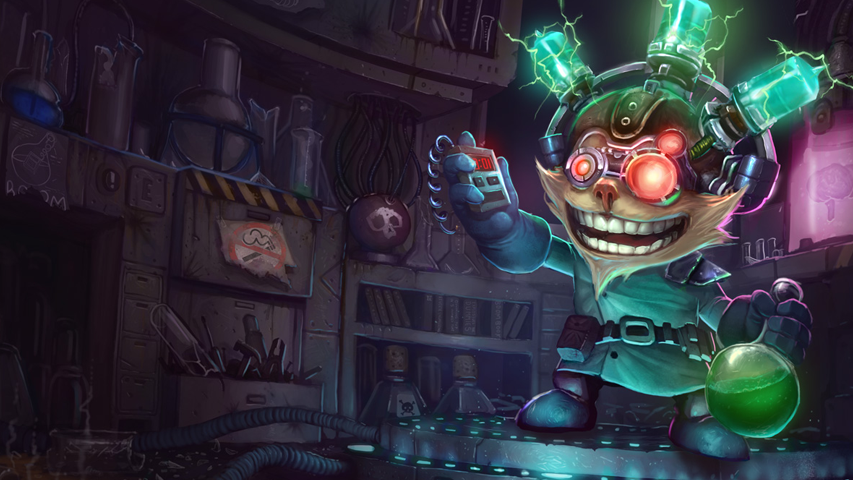Egor Vasiliev, producer of the Moscow company Nexters (“Battle for the Throne”, “Full Pi”, “Dragon Day”, “City of the Dead”, etc.) on his Facebook page raised an urgent question about the role of analytics in game projects.
“As a person with a couple of years of experience in game analytics, I am more and more inclined to believe that game analytics is a myth, a fiction,” Vasiliev writes.
In his opinion, analytics solves classification problems and performs forecasting (solves “predictive tasks”).
The use of classification tasks primarily comes down to the definition of paying/non-paying players, which allows you to “turn on/off” traffic.
But, Vasiliev continues, “to determine the size of payments” [to predict future payments to the paying audience? – Approx.editors] developers will not be able to anyway, because “whales” are “rare, random and not predictable.”
In other words, classification and forecasting are of minimal importance.
“Analytics will help you solve one single problem – when and on whom to pour shares. However, the difference between “pouring shares with analytics” and “pouring shares without analytics” is about 5%,” Egor notes.
As for other questions: about the reasons for the departure of players, about why they do not pay or do not pay the way the developer wants, and so on, they “remain outside the tasks solved by analytics.” The improvement of such indicators by an analyst is, in fact, the correction of game designer errors.
Therefore, “isn‘t it easier to hire smart designers?”, – the author of the post wonders.
Alexander Gordeev from Kamagames does not agree with him.

Vasiliev answers this objection in detail, noting a critically important point about the value of “data mining”.

Igor Klyukin from Pixionic immediately shares his experience and concludes.

At the end, Egor draws a red line.

What do you think? Do I need analytics and analytics?

